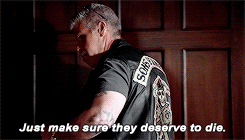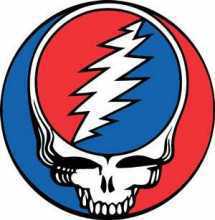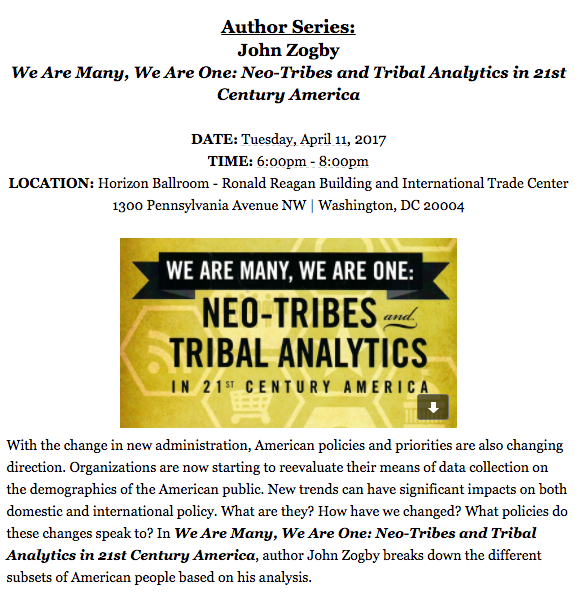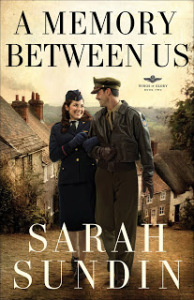There’s enough negativity in the world as it is – I don’t need to add my own. For these reviews, I intend to keep the focus on what the author does well: their talents, assets, and best turns of phrase.
On an island where magic is contained by a forest of wizard-trees in a place called the Barrow, an eleven-year-old boy named Oscar lives in the basement of a magician’s shop and does all the menial tasks the predatory apprentice won’t do. Oscar spends his time working with herbs, taking care of the cats, eating bread, and sneaking into the library after dark. Unfortunately, dark days are ahead for the Barrow, and Oscar will need all of his knowledge, his faithful cats, and a new friend to weather the approaching storm. (I’ve been reading too many book blurbs.)
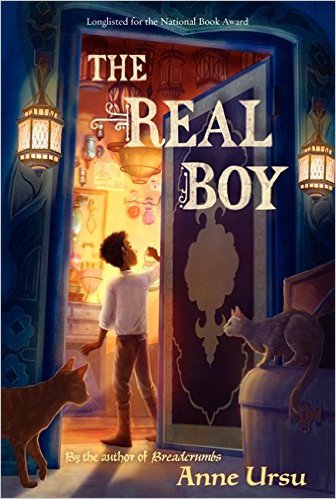
The Real Boy is one of the most unusual books I’ve read in a long time, and I have to begin by saying that’s probably because the main character, Oscar, is autistic. I am not autistic, and therefore have no right to comment on the authenticity of Anne Ursu’s portrayal of Oscar,* or on autism in general. I’ll try to avoid it, but I have to talk about how much I loved the way Oscar was written, and in order to do that, I can’t separate him from his autism, or autism from him.
Oscar is fantastic. He’s the epitome of a well-rounded character, which ironically means that he’s not necessarily a well-rounded person. He is kind and intelligent, selfless and loyal. He’s also impulsive, awkward, and rude. It’s possibly been years since I’ve had such a conflicting experience with a main character – and that’s a good thing.
It would have been too easy to make Oscar entirely sympathetic. He’s young, he’s neurodivergent, and he’s in a terrible situation. In our society, when given a small (positive) dose of anyone neurodivergent (or disabled in general), we often immediately put them on a pedestal. We see them as an inspiration, a hero, just for being … alive, and disabled – at the same time, we pity them, and treat them as inferior. It’s insulting, to say the least, that one part of someone is all that society needs to decide how to feel about them, whether in a good way or not. It’s a toxic double-standard, one that the media we consume has a responsibility for.
It’s hard, almost impossible, to do that with Oscar. There’s too much of him here. At no point in the story is the reader allowed to see Oscar as only one thing, as black and white. At no point is he a hero simply because of who he is – he’s a hero because he chooses to be.
Even so, his decisions are all over the place. I’ll admit, there’s a point in this book where I was angry at Oscar for something he did. I’ve never been angry at a main character before. I’ve disliked them, and been annoyed with them, and wanted to hang them upside-down by their toenails, but I’ve never been upset over one decision. It makes him a better character. In a story that actually spends time questioning whether he is human, that scene makes him more human than most characters I’ve ever read about.
The possibility that he might not be human (of course he is, it’s in the title) is something Oscar wrestles with, and for good reason, since it’s obvious to him that he is so unlike everyone else. It’s also possible, due to the magic of the Barrow and the wizards who protected it. Like with Oscar, magic in this story is not allowed to be good or bad – it’s simply there, and its morality is assigned by the people who use, and abuse, it. So often in fantasy novels, especially middle-grade novels, magic is this pure, perfect thing. Or it’s just a tool, and a dirty tool at that. It’s refreshing to see the magic here through Oscar’s eyes, those of someone who values learning, and nature, but can accept that he might be the only one who does.
Which brings me to the other inhabitants of the Barrow. To some extent, the adults reminded me of Lemony Snicket’s A Series of Unfortunate Events, in that some of them mean well, and some mean ill, but they’re all too consumed in their own problems to DO anything. The real MVP here is Callie, the healer’s apprentice. She befriends Oscar with a sudden act of kindness when he’s thrust into a situation well out of his experience. As they get to know each other, she proves herself to be as well-rounded a character as he is, and an excellent partner in magical sleuthing.
I admit that at some points this book was a little difficult for me to read: Oscar’s thought process is for the most part totally different from mine (there were a few similarities that I found fascinating – the way he puts ideas together, for example). But I can’t think of that as a bad thing. I learned from this book, and after all, isn’t that the point of reading?
Next up for March is Binti by Nnedi Okorafor
- Check out this review by Corrine Duyvis for Disability in Kidlit for an autistic perspective.

